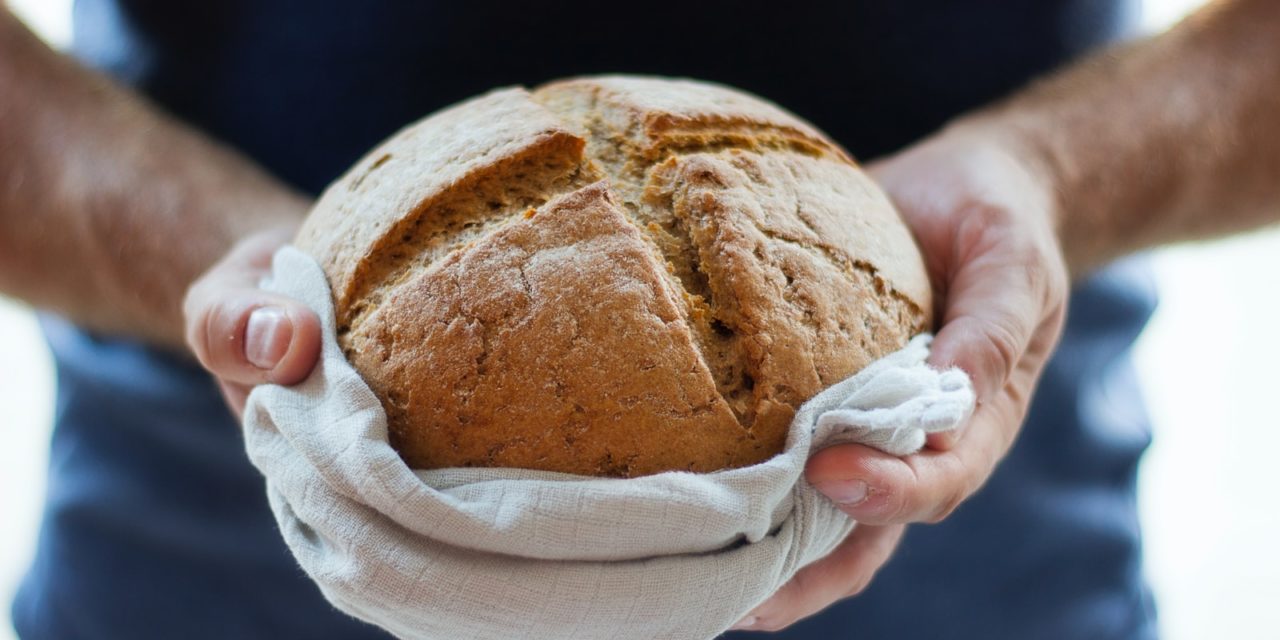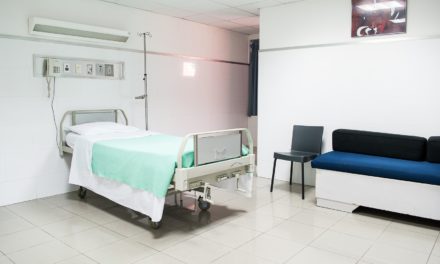Gardening is gaining popularity among activists, hipsters, and families alike, despite environmental and economic concerns.
The Los Angeles Times covered the topic in May 2008. “guerrilla gardening,”A movement that allows gardeners to grow crops on unapproved property. Urban gardens, where cities have their own farms, are becoming more popular. Gardening is a popular way for Americans to cut down on their dependency on grocery stores, to reconnect with nature, and to be more self-sufficient.
In Africa, however, self-sustainability goes beyond a slogan. African communities tend to garden to stop starvation.
Secure food systems, which ensure that every member of society has access to nutritious and safe food, are easier to achieve in developed countries. These countries have food subsidy programs and food stamps. Families in Africa often struggle to pay for food because of natural disasters, droughts, political instability, and poor governance.
Cornell University published a study that found African food security has declined since 1970. Malnourishment affects between 33 and 40 percent of the population in Sub-Saharan Africa.
The empowerment of communities can be achieved through sustainable gardening and other farming programs in Africa. Bread and Water in Africawww.africanrelief.org), a nonprofit organization that supports grassroots initiatives in Africa, has made achieving food security a keystone in its relief efforts. Families work hard to ensure their own food supplies and then make a living by selling their surplus food. Community members with the resources can support their own food production. Kenya’s Baraka Farm is one of the non-profit’s projects. It produces bread and works to support an orphanage. A cooperative gardening program is another way to support women in Sierra Leone.
Food riots and panics in many countries are exacerbated by the current food shortage. Americans should not only enjoy their gardens but also support sustainable food programs overseas. Not only will it make the planet greener, but it will also help improve the health and wealth of those living in poverty.












